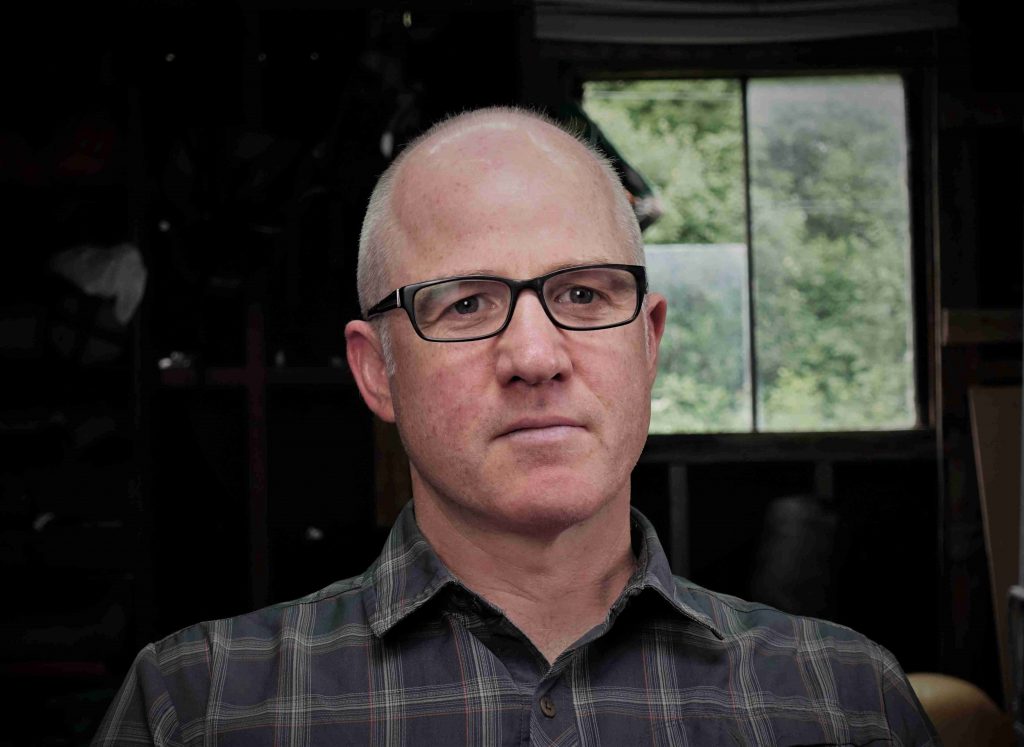
I received my PhD (summa cum laude) at the University of Bielefeld in the Political Science department of the Faculty of Sociology. My study was then published as a book by Routledge, Deleuze and World Politics; Alter-globalization and Nomad Science.
After my PhD I stayed on at Bielefeld as a lecturer in Global Governance in the BA and MA programmes and fulfilling various post-doc research positions. In 2012 I moved back to my native Canada where took up teaching sociology at Laurentian University. Since then my academic interests have been on the development of social science theory in general, in ontology, but also on the rise of epistemology in the early Modern period. This has led to a study about how it’s possible to see a sort of social science-that-never-was that runs from at least Gabriel Tarde, through Whitehead, Deleuze, Luhmann, Latour and then more broadly into complexity theory and relational sociology. I call it the “Other Social Science”. I’ve published a sketch of this in Thesis Eleven and I hope to put together a conference and edited volume. In a more applied vein, I’ve recently been writing about open democracy: the idea that random selection should be introduced into political representation. The argument is that this can help us in tackling pressing collective issues such as climate change.
This leads to my special understanding and application of complexity, which moves beyond metaphorical and computational deployments. The former usually implies simple interconnectedness (“We live in a complex world…”), without taking into account system dynamics. The latter reduces complexity to the iteration of element interaction, resulting more in what I call complicatedness (many elements, many iterations). I focus instead on complexity that meets all ontological criteria of true complexity, including non-linearity, open systems, self-organization, emergence, and perhaps most importantly eschewing our “habit” of treating individual humans as the obvious and normal level of analysis. This overcomes the distinction between what is traditionally regarded as agent and structure; viz. the question of whether outcomes (e.g. political, health) are agent based or, rather, systemic. (The answer is its both; or neither: in a strict complexity sense, this dichotomy is neither natural nor essential, but rather the outcome of distinctions made by philosophers and scientists in the early Modern era and embedded into what I call global cosmopolitan scientific perspectives, of both the social and natural kind). Apart from theoretical contributions I continue my empirical work with an assemblage analysis of social credit systems in China.
I’m also currently writing a book, Advice for Young People; Adventure in Social Philosophy for the Twentieth Century. It is basically a primer of history, economics, sociology and philosophy packaged for a general readership, particularly young people. It is inspired from my experiences teaching, where it seems like students have little exposure to the critical tools needed to understand their world. Many young people are careening blindly into an uncertain future, with massive challenges and dangers for a great many of them. The book is an attempt to address that.
From 2018 until 2023 I taught political science and sociology at Saint Francis Xavier University in Antigonish, Canada. I live in the country. I have a wood shed.